It was an interesting question.
It came during the question and answer time at the end of a recycling presentation.
“What is the return to us for the fees we pay when we buy things?”
At first I didn’t get it.
The ever present issue of not getting money back for beverage containers like Saskatchewan immediately came to mind so I described how the money back is actually money you paid when you bought it.
With further discussion I realized the question was referring to the environmental fees that show up on your receipt when you buy a variety of things from tires to electronics and batteries to paint.
The person wanted to know what individuals get back for this ‘investment’.
There wasn’t time for a full discussion so I said the fees are an investment in the ‘big picture’. They help with the costs of recycling or getting rid of the items in a responsible way.
Here is the bigger picture.
The old way of putting stuff we are finished with in landfills and covering it up or dumping it in the bush or a field was relatively inexpensive.
However, there are several problems with the ‘old way’.
The liquid that runs out of landfills called leachate can poison lakes and rivers. Some things contaminate the ground. Toxic chemicals released into the air cause health issues for people and animals.
Using resources once and then burying them in a landfill means we will leave nothing for future generations.
The return on each person’s investment in environment fees means we have a safer healthier environment.
It means we can leave something for our grandchildren.
It is a good investment.

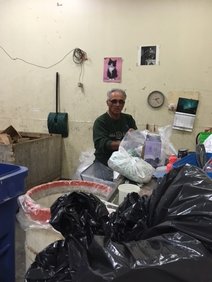
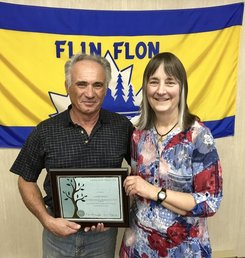
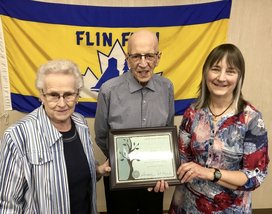
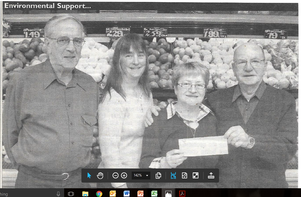
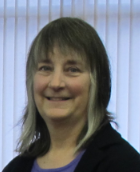
 RSS Feed
RSS Feed